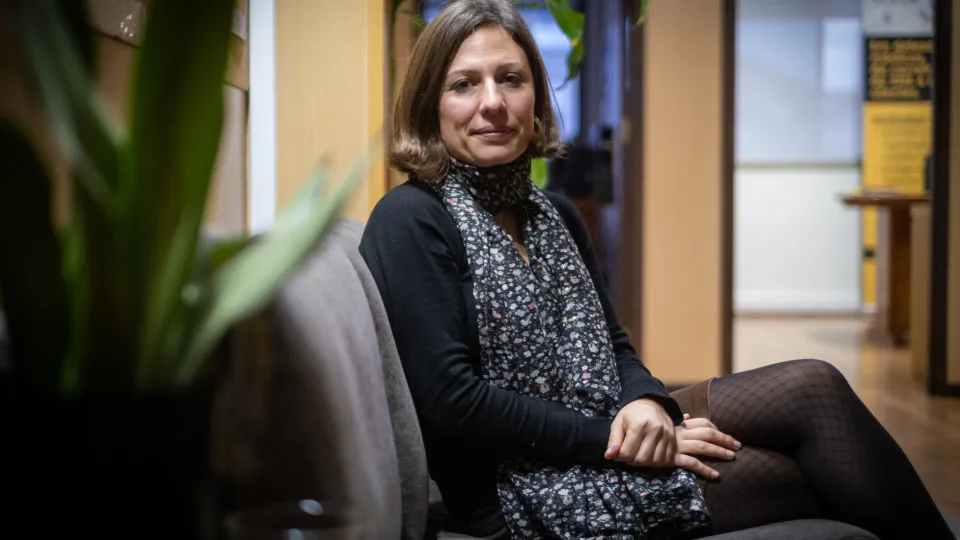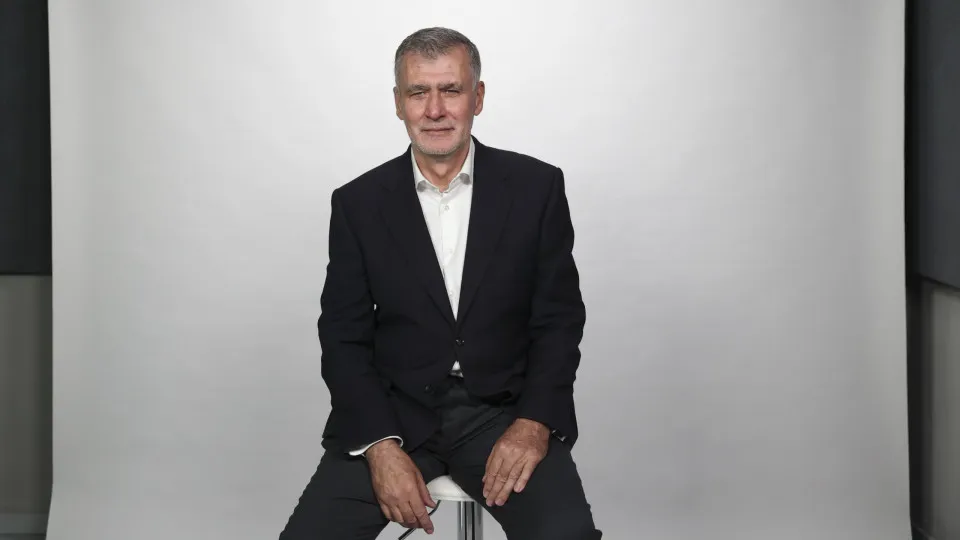
A new directive introduces a model allowing local agreements for doctors or private units to partner with the National Health Service (SNS) to offer General and Family Medicine care.
This decision aligns with suggestions from the SNS Executive Directorate and the Central Health System Administration, with input from the Health Regulatory Entity regarding competition and service nature, as stated in the Ministry of Health’s directive effective from October 23.
The National Federation of Doctors (Fnam) criticizes the new medical conventions model, arguing it focuses too much on isolated, reactive treatments and neglects the core mission of primary healthcare, which is promoting health and preventing disease.
Joana Bordalo e Sá, Fnam’s president, shared with Lusa agency that this directive allows patients without a family doctor to directly seek private care.
She considers this measure a serious setback in primary care organization, emphasizing that convention holders do not share the same mission as SNS primary care in promoting health and preventing illness.
Bordalo e Sá highlighted the directive’s focus on isolated reactive consultations, critiquing that it overlooks prevention and would lead to unfair competition with the public sector.
The union leader further warned that in areas with poor working conditions, particularly in Lisbon and the Tagus Valley, doctors might be increasingly drawn to the private sector, weakening teams and jeopardizing care continuity.
“This is not conducting primary healthcare; it’s a superficial solution that solves nothing and results in value shifting to the private sector,” stated Joana Bordalo e Sá.
“They degrade the public system and then justify these actions, but it shouldn’t be this way. We believe this is not the correct path,” she emphasized.
Fnam also highlighted in a statement that the USF are a successful model both nationally and internationally, improving health indicators and maintaining close contact with users.
Disassembling this model would undo years of progress and could jeopardize the quality and equity of care, the union warns. They urge for unity among health professionals and civil society to counter this threat and defend a public, universal, and inclusive system.




